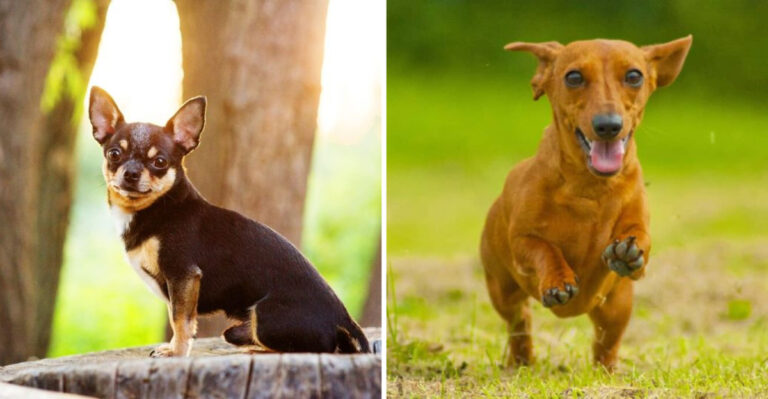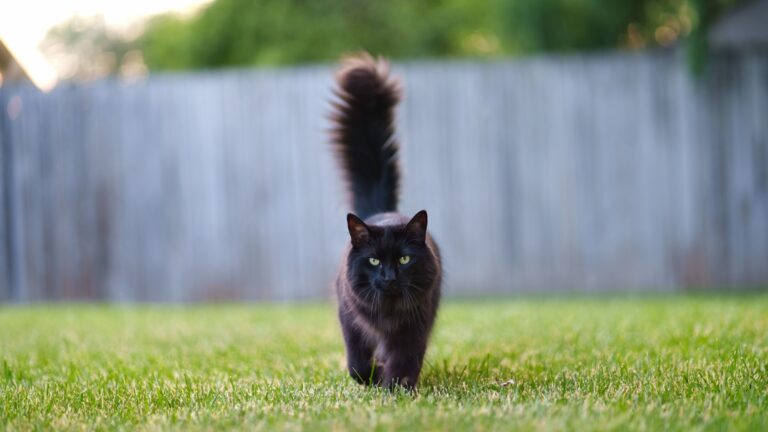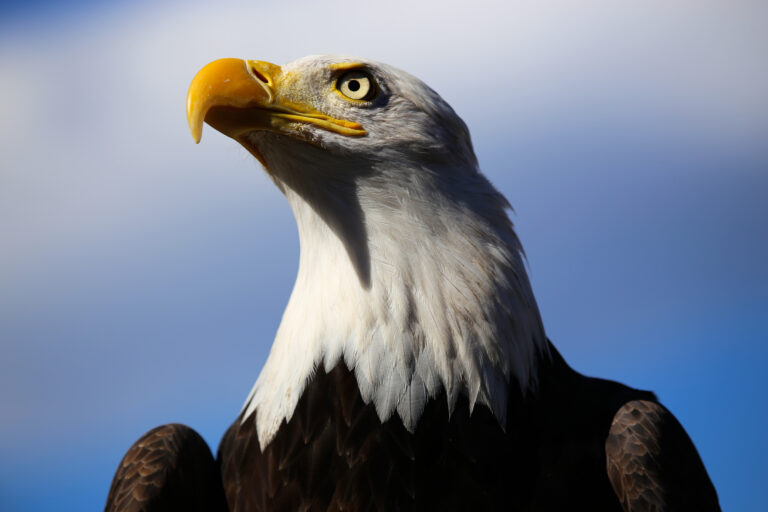15 Signs Your Cat’s Diet Isn’t Working (And How To Fix It)
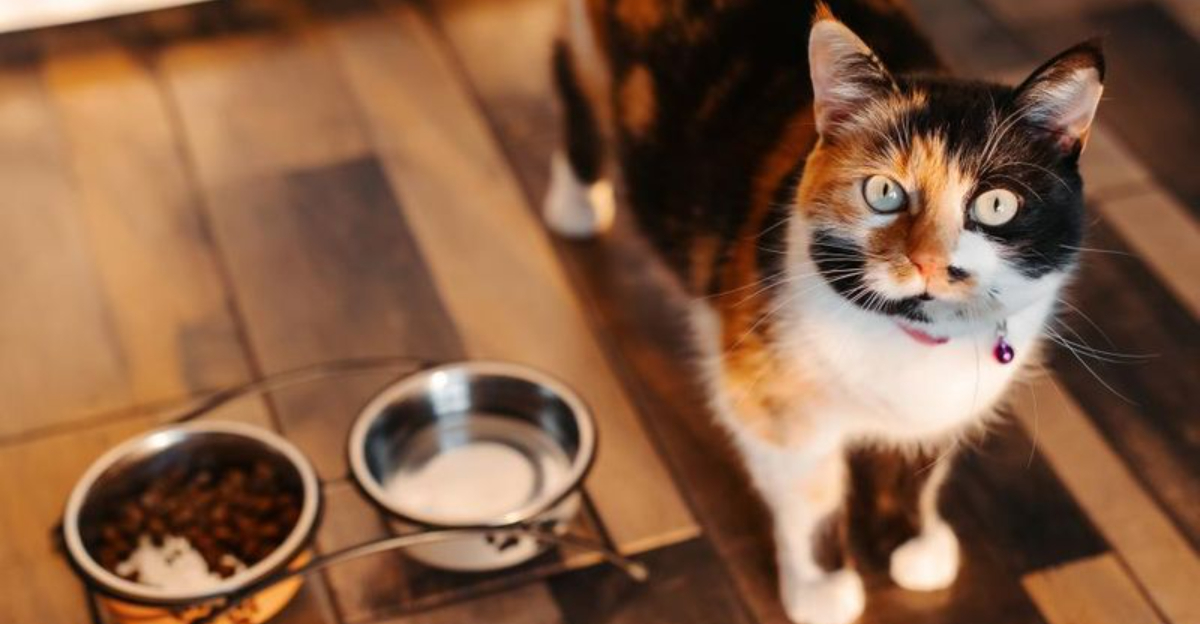
Imagine reaching for your favorite snack, only to discover it’s missing that familiar taste. Just like us, cats can experience dietary dilemmas, and the signs aren’t always obvious.
Join us as we delve into the quirky and sometimes mysterious ways our feline friends signal that their diet isn’t quite purr-fect.
1. Furball Frenzy
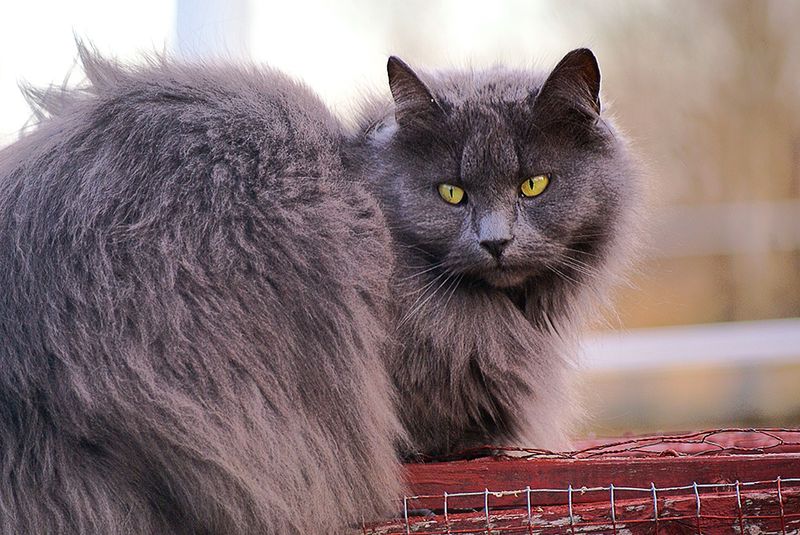
Ever notice your cat’s fur losing its shimmer? A dull coat can be your kitty’s way of waving a red flag. It could mean that their diet lacks essential fatty acids or vitamins. Try introducing a fish oil supplement or consulting with your vet for a more balanced diet.
2. Weighty Woes
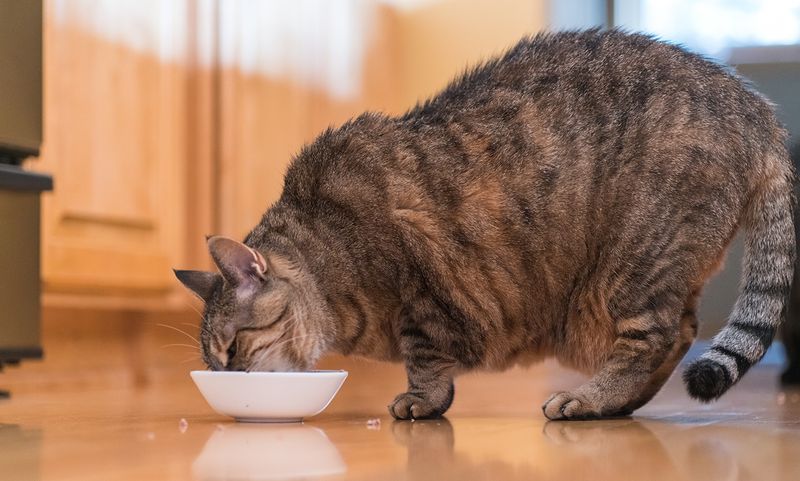
Caught your cat in a tight squeeze lately? Excess weight can sneak up on them, just like that extra piece of cake does on us. Overfeeding or a diet lacking in nutrients might be the culprit. Measure their meals and consider switching to a low-calorie cat food to maintain their sleek physique.
3. Playtime Protest
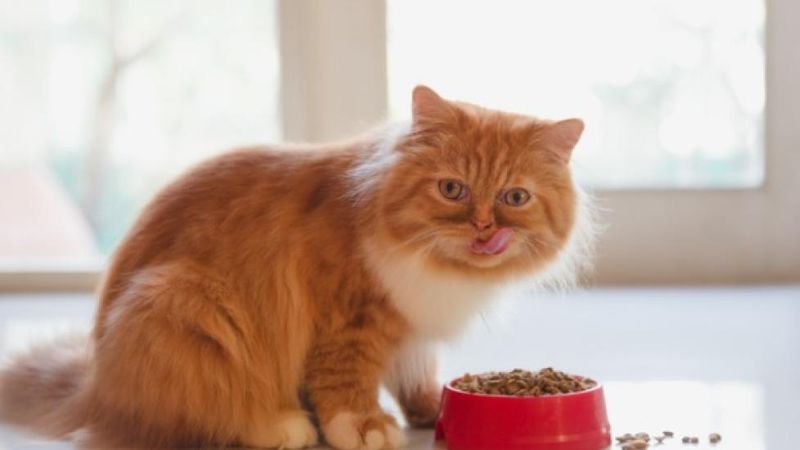
Is playtime turning into nap time? A sudden drop in energy levels might point to a nutrition shortfall. Your kitty needs a protein boost to fuel their frolics. Try upgrading to a diet with higher protein content to bring back that playful spirit.
4. Tummy Troubles
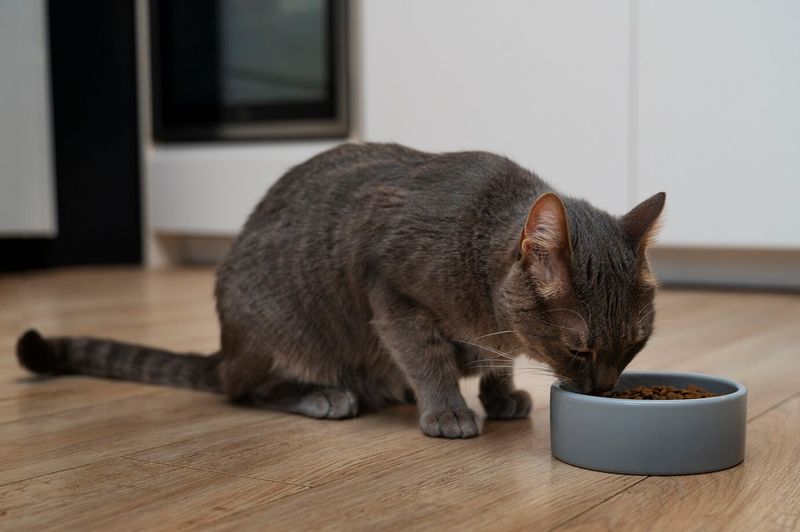
Got a feline with frequent bathroom blues? Digestive issues could be linked to their diet. It might be time to explore grain-free or specialized digestive care food. Watch for improvements in their litter box habits after making dietary adjustments.
5. Vocalization Volume
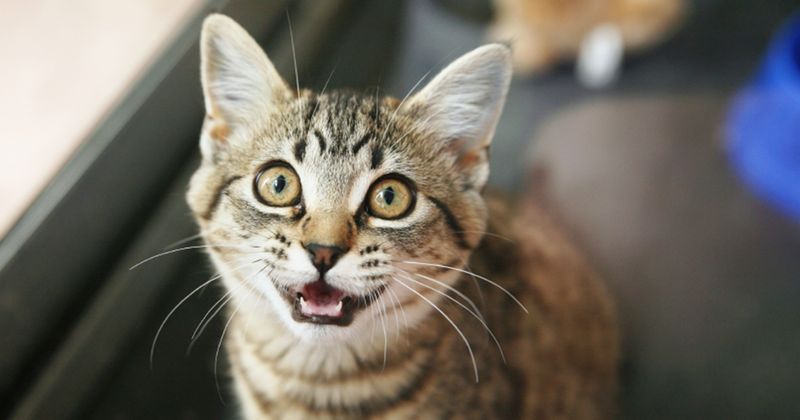
Has your kitty turned up the volume on their meows? Excessive vocalization can sometimes signal hunger or dissatisfaction with their food. Ensure they’re receiving enough nutrients and consider offering a balanced wet food to keep them content.
6. Water Works
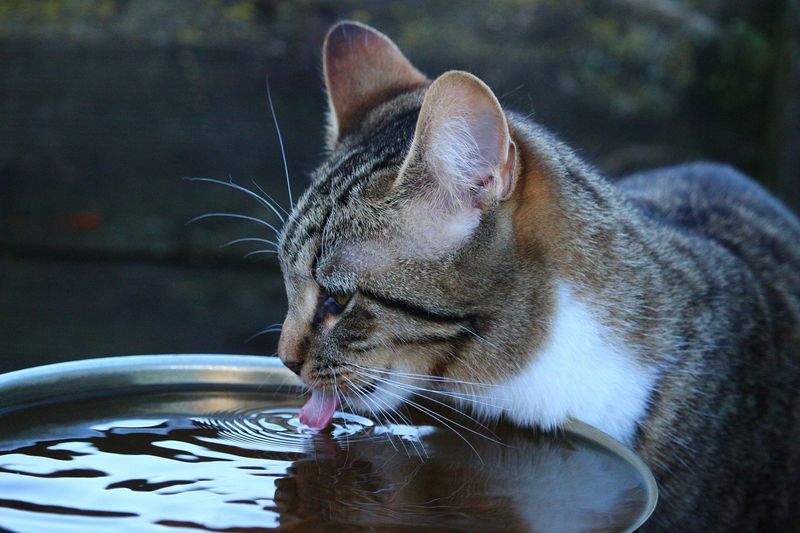
Notice your cat making more trips to the water bowl than usual? Increased thirst can hint at dietary imbalances or excessive salt intake. Ensure their diet is not too salty and consider a wet food diet to help maintain proper hydration levels.
7. Behavioral Blips
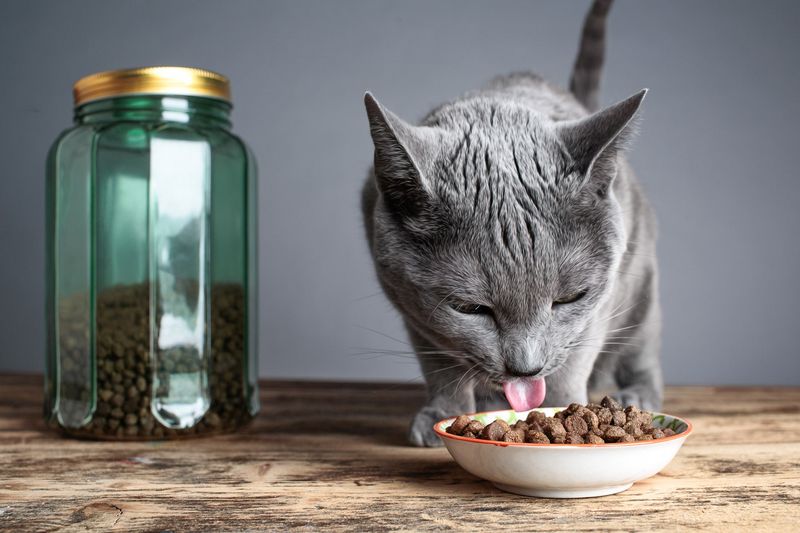
Is your cat acting out more than usual? Behavioral changes can sometimes be attributed to nutritional deficiencies. A diet rich in antioxidants and omega fatty acids might help stabilize their mood and behavior.
8. Sneaky Sneezes
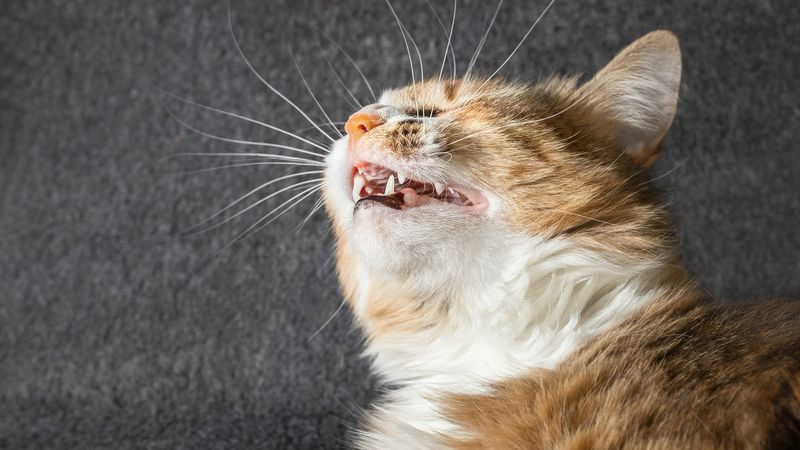
Does your furball have a case of the sneezes? It might not just be allergies. A lack of certain nutrients, like zinc and vitamin A, can affect their immune system. Consider a diet that supports immune health to keep those sneezes in check.
9. Hunger Pangs
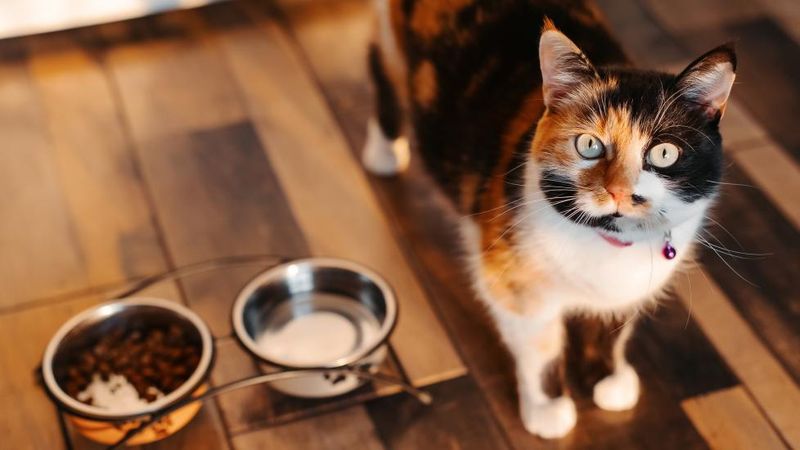
Does your cat act like they’re always starving? Constant hunger pangs might mean their diet isn’t filling them up. Opt for high-fiber foods that offer more satiety and consult your vet about portion adjustments to keep your feline satisfied.
10. Dull Dental Health
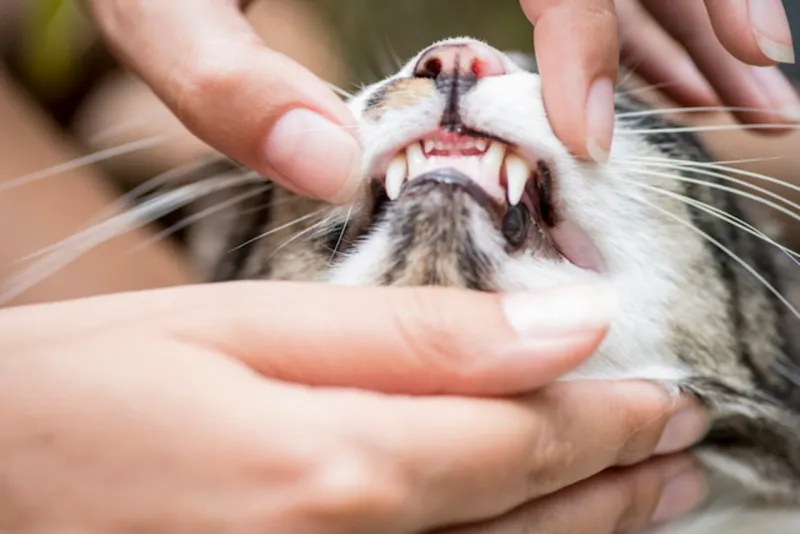
Ever caught a glimpse of your cat’s not-so-pearly whites? Dental issues can stem from their diet. Crunchy kibble designed for dental health might help scrub away plaque and promote better oral hygiene.
11. Peculiar Purring
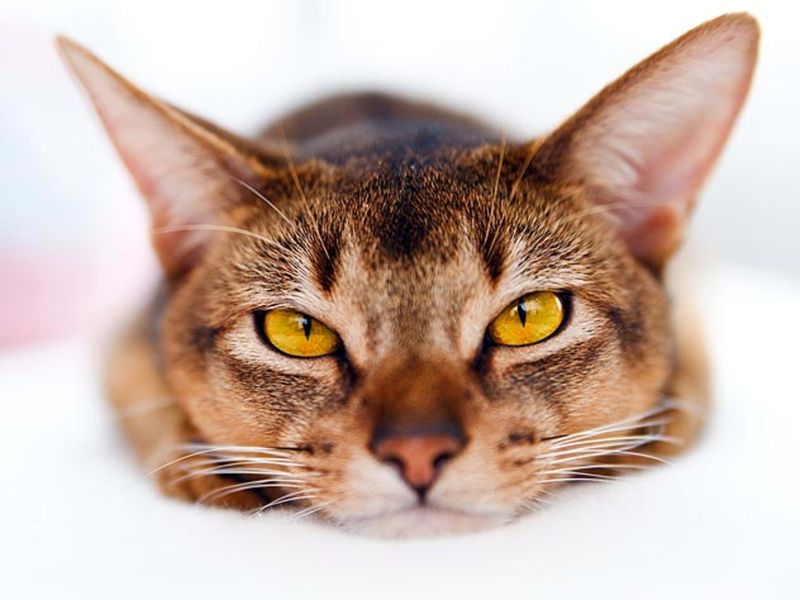
Is your cat purring a little too often or loudly? It may be their way of coping with discomfort. Check for signs of dietary imbalance and consult with your vet for potential food upgrades that might ease their troubles.
12. Fidgety Friend
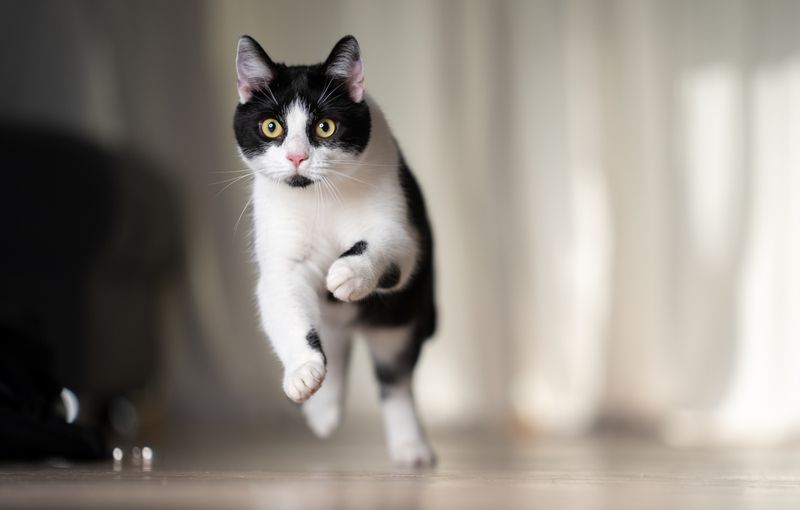
Notice your kitty bouncing off the walls? Hyperactivity can sometimes reflect high sugar content in their diet. Look for foods with low sugar levels and more natural ingredients to help them settle down.
13. Flaky Skin Fix
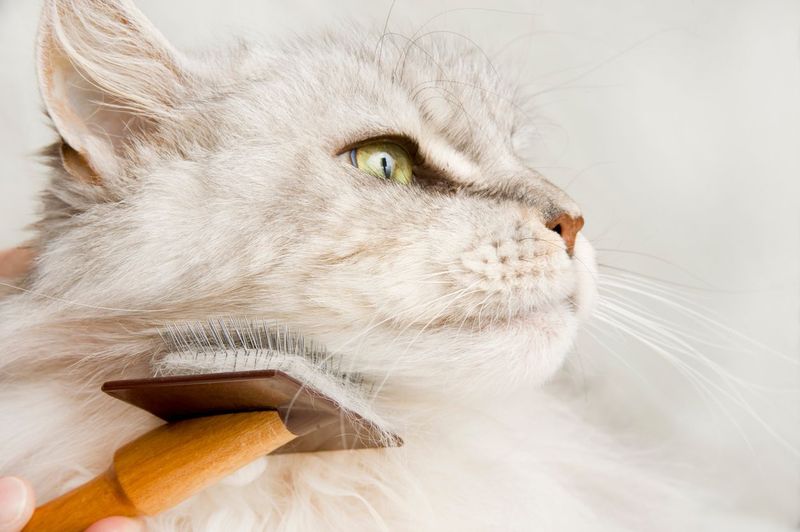
Is your pet turning into a scratching machine? Flaky skin can be a sign of nutritional deficiency. Foods rich in omega-3 fatty acids and biotin can restore skin health and bring back that silky smoothness.
14. Ear Itchiness
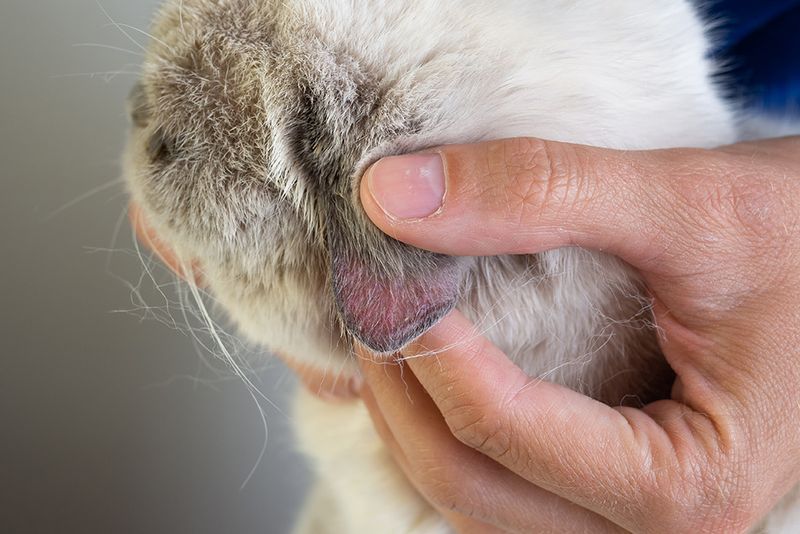
Has your kitty gotten extra head-shaky? Itchy ears might point to food allergies or sensitivities. An elimination diet can help pinpoint the problem ingredients and restore their comfort.
15. Moodiness Matter
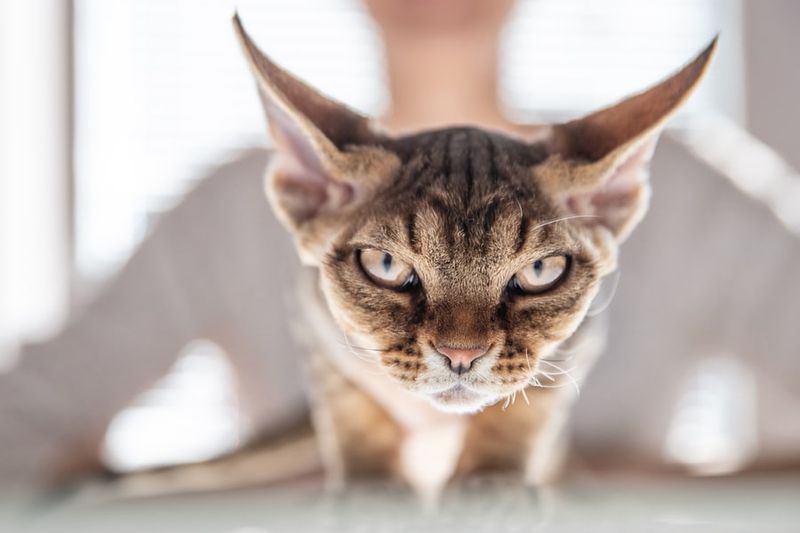
Is your feline friend giving off some serious grumpy vibes? Mood swings can be linked to dietary deficiencies, like lack of B vitamins. A balanced diet enriched with essential nutrients can help your pet find their inner zen.

